The new worst gaming trend: killing our favorite games to replace them with sequels
The biggest games of the last decade are being wiped off the internet for no good reason.
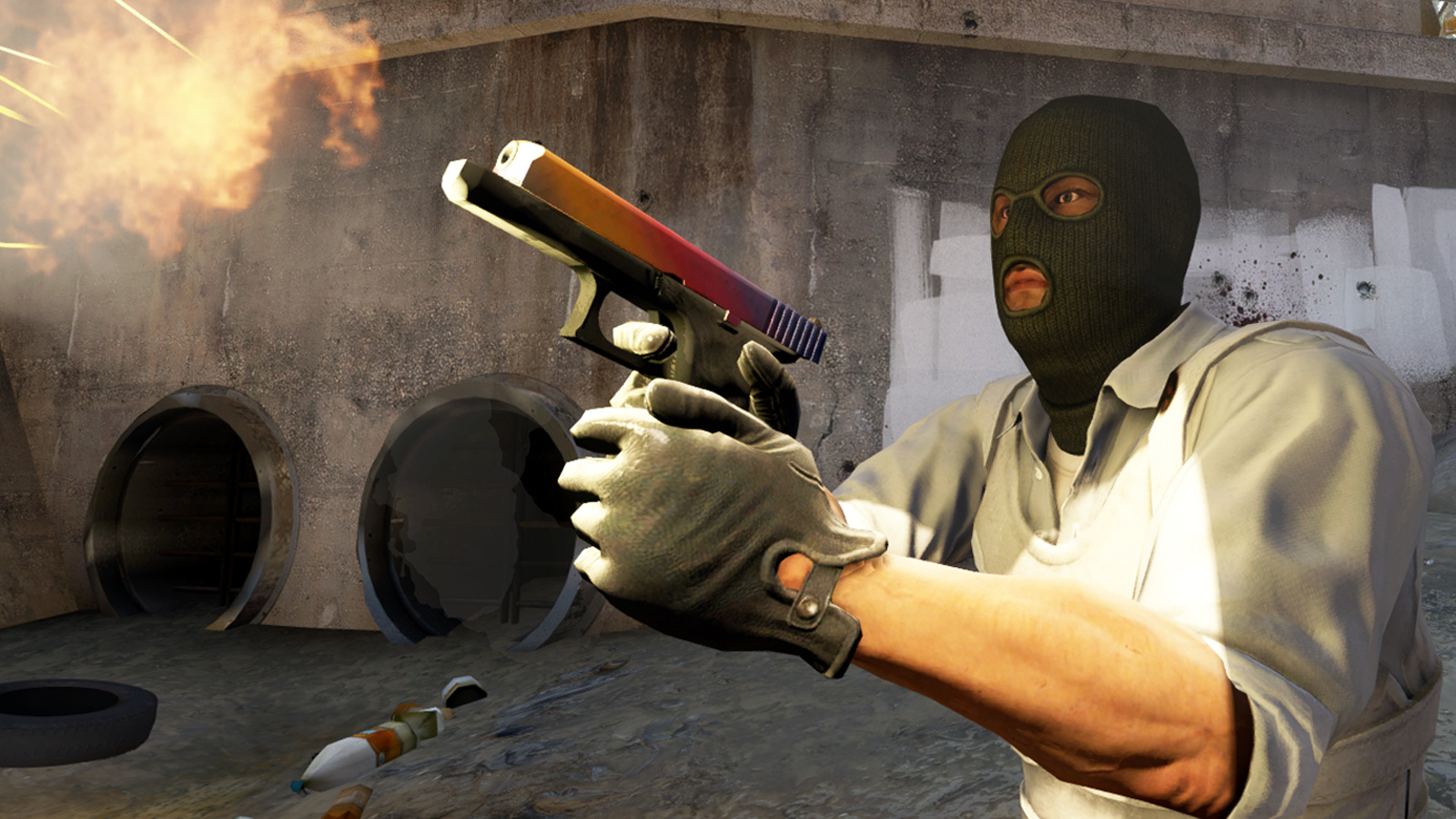
There used to be a game called Counter-Strike: Global Offensive. You might've heard of it—one of the most popular games of all time, played by hundreds of thousands of people every day for over 10 years, the reason every shooter has gun skins now. Anyways, Valve deleted it last month and replaced it with Counter-Strike 2.
That is absolutely wild to think about. One of the biggest games of our time has essentially been swept under a rug, or more accurately, banished to the properties tab of CS2 with broken matchmaking and nothing but community surf servers left to maintain a pulse.
Years of living in the live-service era have conditioned us to embrace change in our favorite games. We herald the arrival of reworks that transform how games are played, celebrate when longtime bugs are finally squashed in patches, and sometimes have to accept the permanent removal of features we like.
Sometimes we're happy about changes, sometimes we rail against them. But what happened with CS:GO and Overwatch—entire games being swallowed up, diminished, or outright deleted in favor of a sequel—is not good for anything, except keeping costs down at some of the biggest and most successful publishers and developers. It's a nightmare for PC gaming preservation and a huge disappointment for the dedicated players who keep these games funded in the first place.
Some of the biggest games of our time are being wiped off the internet for no good reason, and it's time to raise the alarm.
🚨🚨stop it🚨🚨
The worrying trend of throwing games into the virtual incinerator once their sequels come around began with Overwatch 2. Blizzard spent three years failing to accurately explain what a sequel to its live-service FPS would look like, which in retrospect probably happened because Blizzard itself wasn't quite sure either. At first, Overwatch 2 was to be a completely separate full-priced game with a singleplayer campaign, co-op missions, and multiplayer backwards-compatible with Overwatch 1. We all know how badly the PvE stuff went down, but as we learned more about Overwatch 2 over three years, Blizzard began to indicate it saw no distinction between Overwatch 2 and its predecessor.
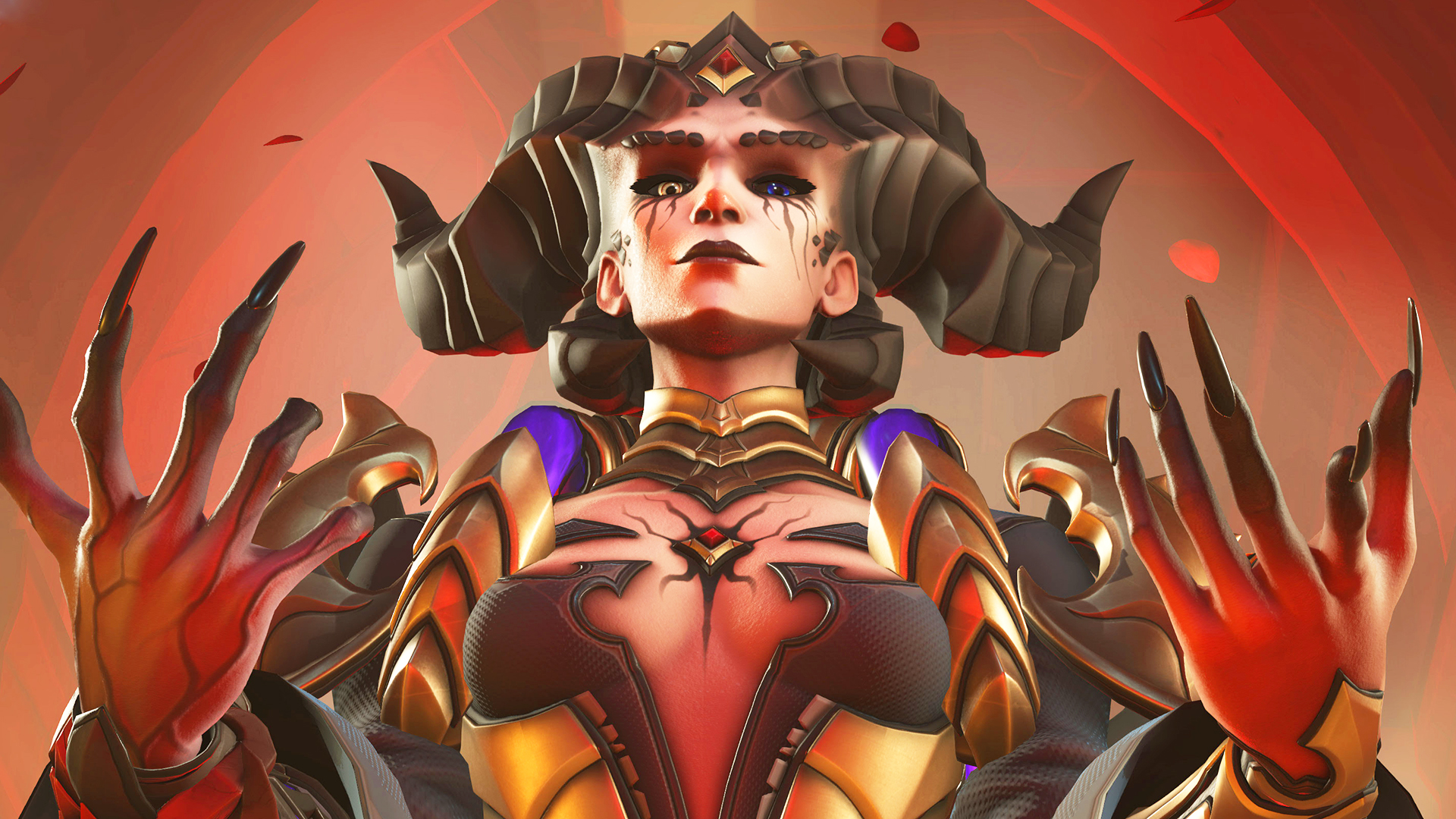
It happened slowly:
Keep up to date with the most important stories and the best deals, as picked by the PC Gamer team.
- November 2019: Overwatch 2 is announced as a separate game that would coexist with Overwatch 1.
- November 2019: In an interview, then-game director Jeff Kaplan says Overwatch 1 and 2 will eventually merge to maintain competitive parity. This does not come up again for years, and Blizzard continues to market Overwatch 2 as its own product.
- March 2022: Blizzard changes its mind, decides to decouple Overwatch 2's PvE and PvP content so it can release the game sooner. This confuses everybody. It's still not clear which parts of Overwatch 2 will be paid content, and if all PvP content is compatible with Overwatch 1, what is the point of having an Overwatch 2?
- April 2022: Overwatch 2 holds its first PvP beta, and we notice that not only does Overwatch 2 seem like a patch, you literally launch it as a patched version of Overwatch 1. Interesting…🧐
- June 2022: Blizzard announces Overwatch 2's PvP will be free-to-play when it releases in October. That answers one question.
- June 2022: It's not until later in June, during a Reddit AMA, that game director Aaron Keller finally says it plainly: "When OW2 launches on Oct 4th, it will be a replacement for the current live service."
Pretty big news for a Reddit comment, if you ask me! I remember thinking Keller's word choice of "live service"—no "game," as if he sees Overwatch more as a service than a videogame—sounded cold, but honestly, this didn't bother me as much as it should have. I had accepted that Overwatch 2 was basically just a big patch, and I was used to my favorite service games removing some stuff while adding new stuff.
I regret that, because players lost a lot more with the death of Overwatch 1 than a game mode and a tank slot. We lost an opportunity to bottle up a moment in time and preserve it to be enjoyed later. Even if I think Overwatch 2 is better, it's valuable to be able to look back and experience old hero designs, combat dynamics, and entire maps that can no longer be played. But what really rubs me the wrong way is how Blizzard went about it—the studio Trojan-horsed the bad news in with the good and set a terrible example for game preservation in the process.
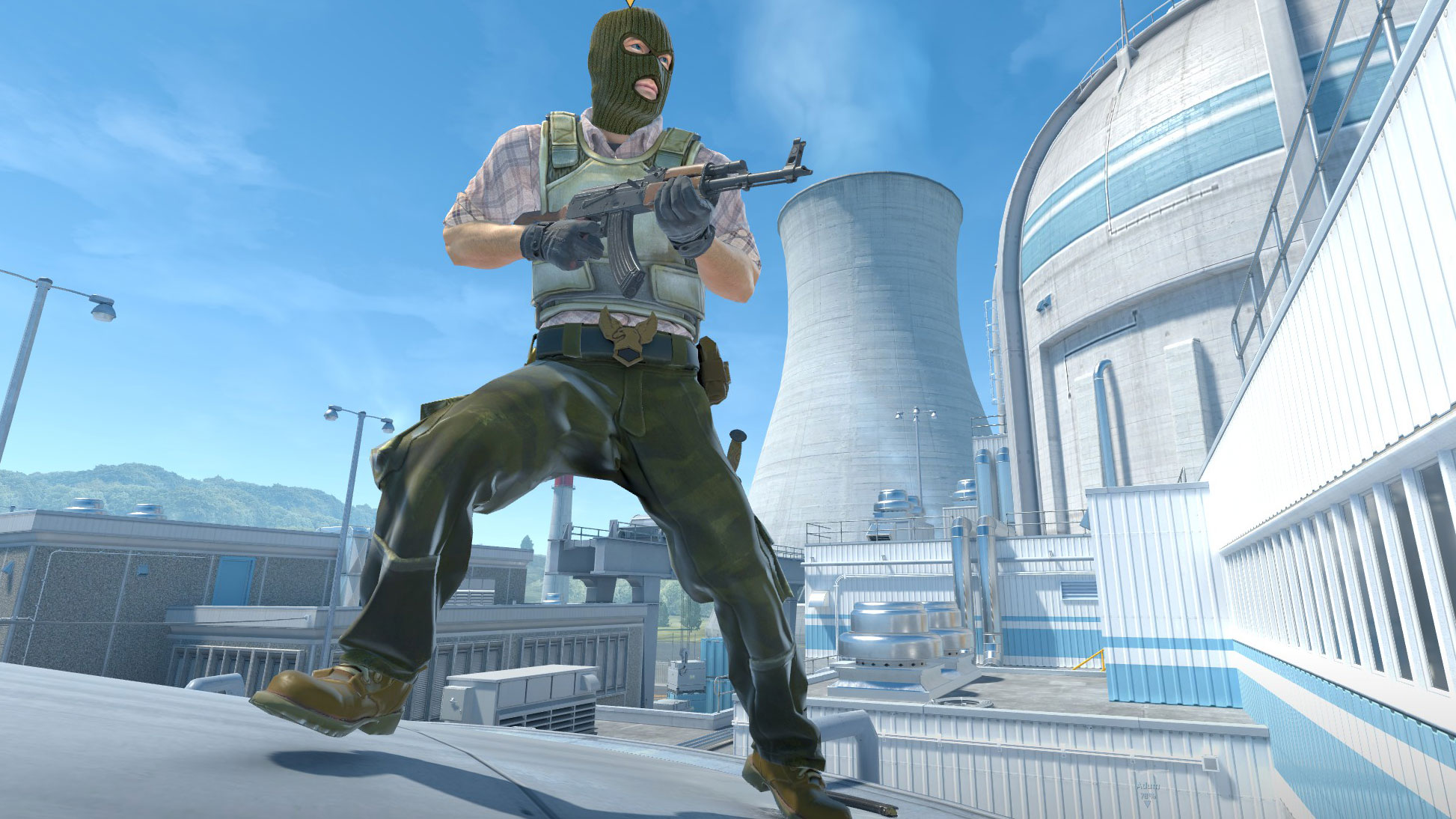
Valve uses Blizzard's playbook
The case of Counter-Strike 2 is some ways worse, and other ways better. Valve exercised its preferred communication style of "whenever the hell we feel like it" with CS2 to the extreme, teasing big Counter-Strike news for weeks before randomly dropping a Counter-Strike 2 announcement post back in March. The sequel to CS:GO would have a prettier engine, backwards compatibility with skins, less server latency, and puffier smoke grenades. Nowhere in the announcement did Valve mention that it planned to replace CS:GO with CS2. In fact, that wouldn't be clear until the day CS2 launched and the CS:GO Steam page disappeared.
That's pretty messed up. Unlike the Overwatch 1 to 2 transition, CS2 could not be described as a "CS:GO patch." Just like CS:GO was for CS: Source, CS2 reimagines familiar maps and weapons with significant overhauls to graphics, level design, and mechanics. Look at both games side by side and it's immediately obvious how they're different, so why bury CS:GO as if it never existed?
Honestly, why are sequels to service game sequels treated differently than the rest of videogames at all?
We lost an opportunity to bottle up a moment in time and preserve it to be enjoyed later.
Sure, maintaining old service games is a logistical problem: It wouldn't be simple or easy to operate a legacy version of Overwatch or CS:GO, and there's the added wrinkle of maintaining parity with premium cosmetics earned in the sequel. Valve and Blizzard might also say it makes more sense not to split the player base by unifying under one game.
But so what? We didn't used to have to ask that the games we love not be shut down once they got slightly old. If billion-dollar companies like Activision Blizzard and Valve really wanted to keep Overwatch 1 and CS:GO around in their proper forms, they absolutely could. Whatever it'd take—establishing a cutoff point for updates, running fewer official servers, or moving entirely to community servers—it's all possible, it's just not convenient or perhaps profitable work. By hacking off CS:GO's matchmaking and making it unintuitive to access, Valve has done worse by its community than ever before in this regard, and Blizzard hasn't even tried with Overwatch.
It also speaks to a lack of confidence in CS2 and Overwatch 2 by Valve and Blizzard. Are they really that worried we would prefer the decade-old shooters and not make the switch? Yikes.
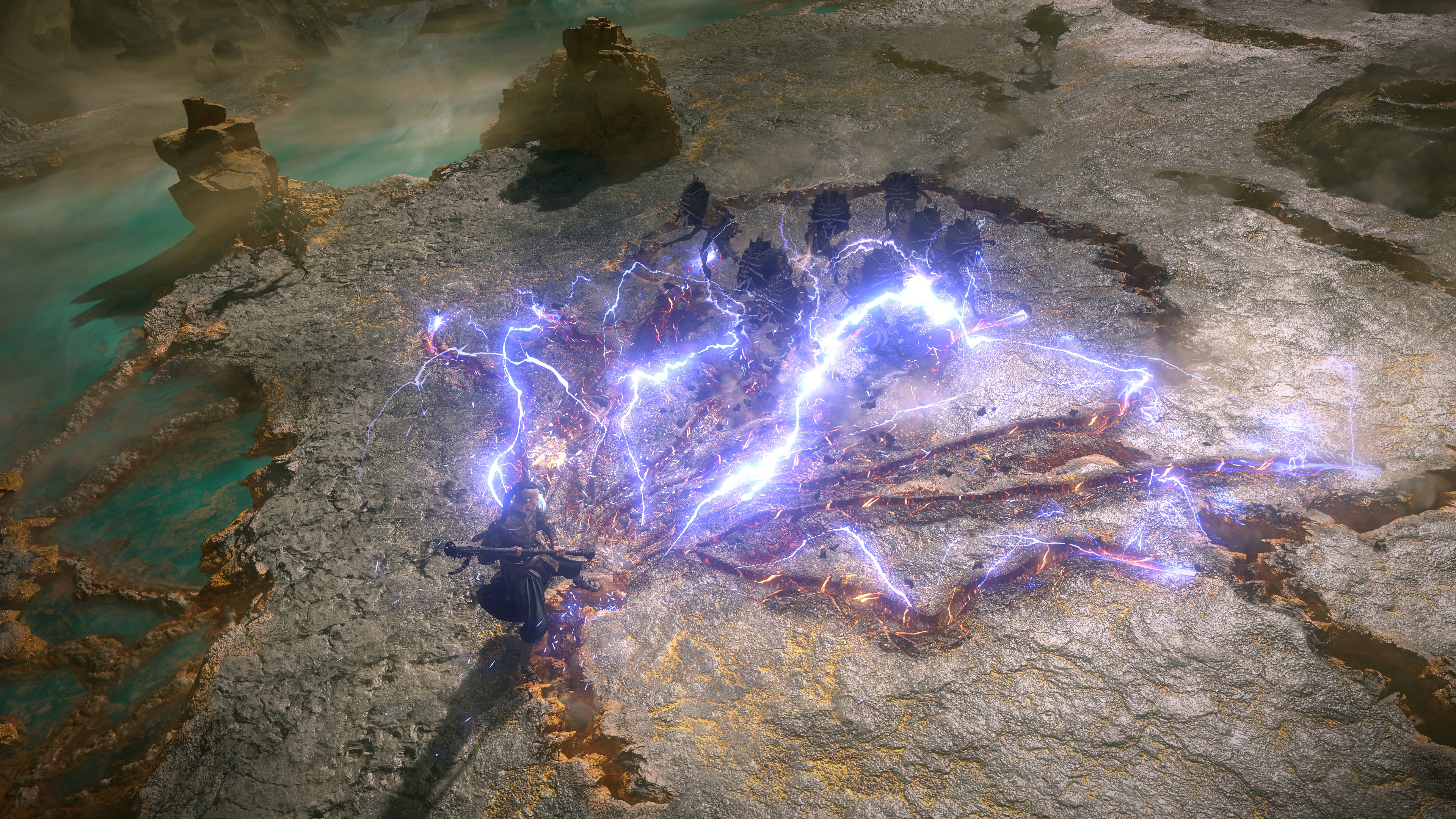
The true "live service" sequel
You know what upcoming sequel is exuding confidence right now? Path of Exile 2. Around the same time that Overwatch 2 was unveiled in 2019, Grinding Gear Games announced that Path of Exile 2 would be an expansion that consumes the original game. At the time, the pair of pseudo-sequels had us pondering what "2" even means anymore.
If Activision Blizzard and Valve really wanted to keep Overwatch 1 and CS:GO around in their proper forms, they absolutely could.
Earlier this year, as if Grinding Gears took its time and maybe witnessed how the overwriting sequel strategy went down with Overwatch, the studio changed its mind. Path of Exile 2 will now be its own separate game. The news went over great with fans, largely because Grinding Gear's explanation for the reversal made a whole lot of sense.
"This thing is just freaking huge," said studio co-founder Jonathan Rogers. "There was a point where we realized that our plan to replace PoE1 with PoE2 would essentially be getting rid of a game that people love for no real reason. So we made a decision: Path of Exile 1 and 2 will be separate, with their own mechanics, balance, endgames, and leagues."
It's almost silly that it has to be said. Preserving games that undergo massive evolutions is important, and while games change weekly and individual patches aren't archived like they were in the old Quake days, sequels are the perfect opportunity to create a time capsule that lives on. When Destiny 2 came along, Bungie did right by the original Destiny by establishing a never-ending "Age of Triumph" event that continues today. More recently (and ironically), Blizzard retired Diablo 3 with one last big patch and plans to recycle past seasonal events indefinitely.
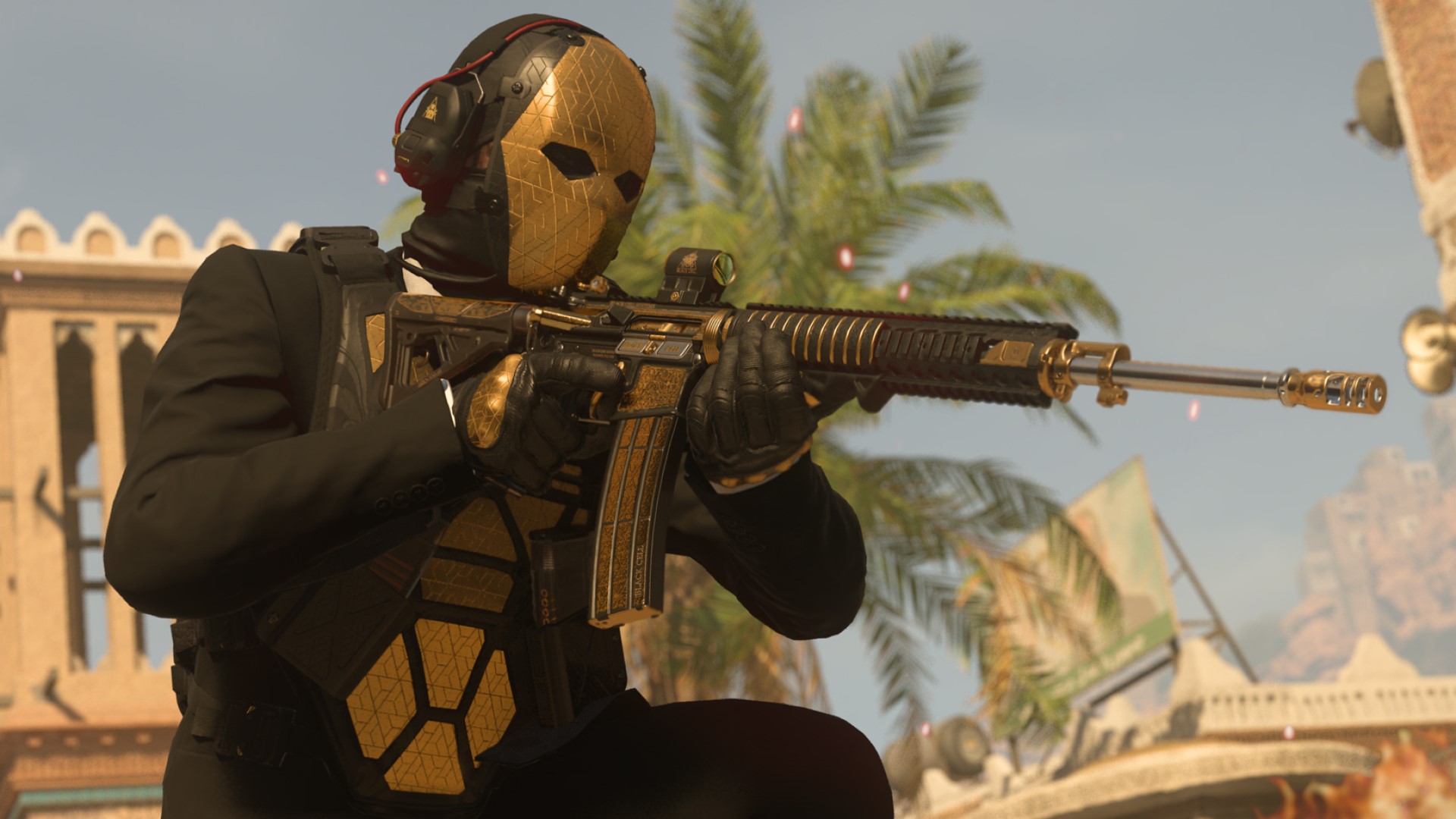
One series that deserves partial credit is Call of Duty. Activision has done a commendable job of keeping old CoDs alive and active over the years, which is great, because a lot of people still play those games. I wish the mega-publisher had as much sentimentality for its free-to-play battle royale spinoff, Call of Duty: Warzone. When Activision released Warzone 2, it took the long way around with replacing the original.
For a while, the original Warzone was available as the standalone (and renamed) Warzone Caldera. Then earlier this year, Activision shaved off the "2" and the sequel just became Warzone again. Finally in September, Warzone Caldera was quietly shut down.
It's nice that for every example of a poorly handled pseudo sequel there's also a pretty good one, but I'm worried that replacing games will still become the new normal. Publishers have successfully chipped away at the idea of videogame sequels by recontextualizing them as no different than the latest refresh of the YouTube video player or Twitter homepage—uncomfortable at first, but things you'll get used to after a while, before you forget what they used to look like altogether. I truly, deeply do not want to get to that place with videogames.

Morgan has been writing for PC Gamer since 2018, first as a freelancer and currently as a staff writer. He has also appeared on Polygon, Kotaku, Fanbyte, and PCGamesN. Before freelancing, he spent most of high school and all of college writing at small gaming sites that didn't pay him. He's very happy to have a real job now. Morgan is a beat writer following the latest and greatest shooters and the communities that play them. He also writes general news, reviews, features, the occasional guide, and bad jokes in Slack. Twist his arm, and he'll even write about a boring strategy game. Please don't, though.

